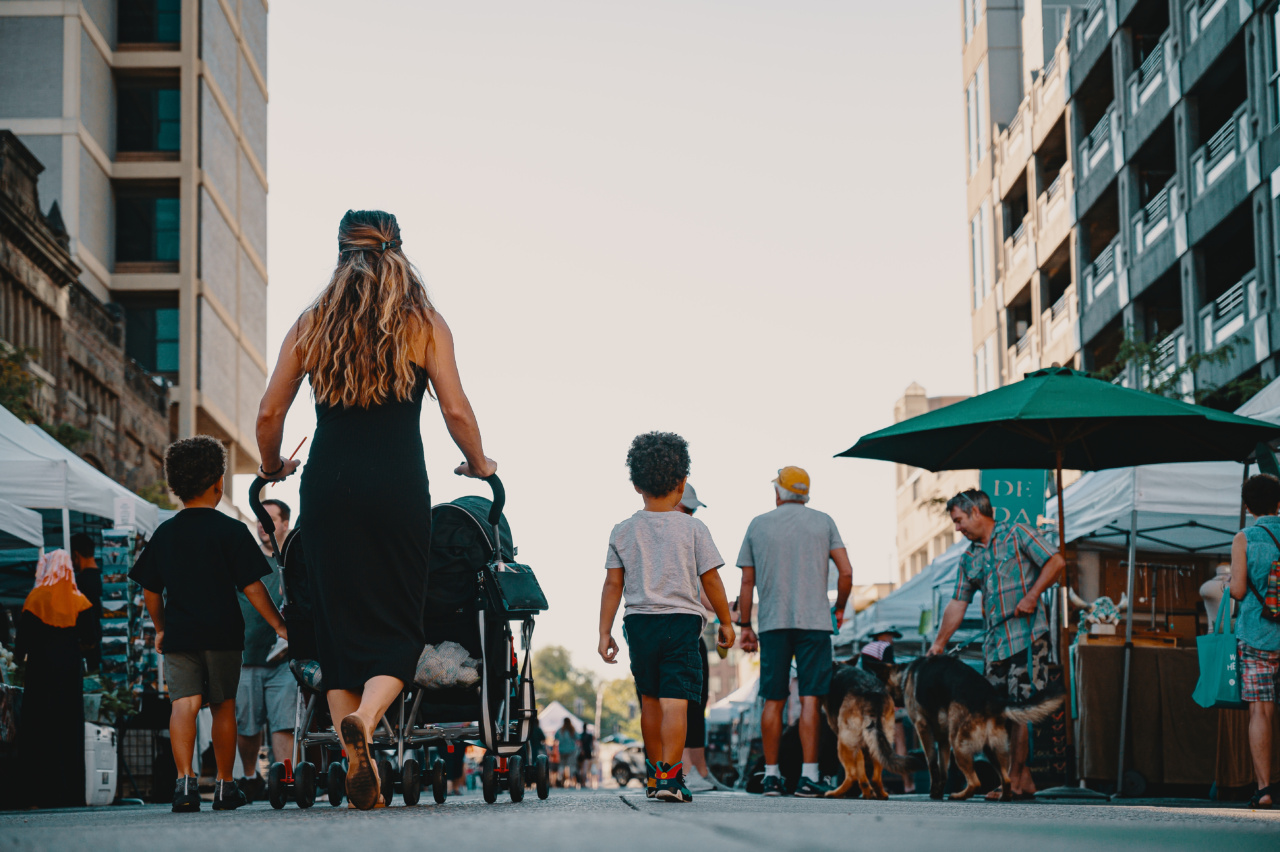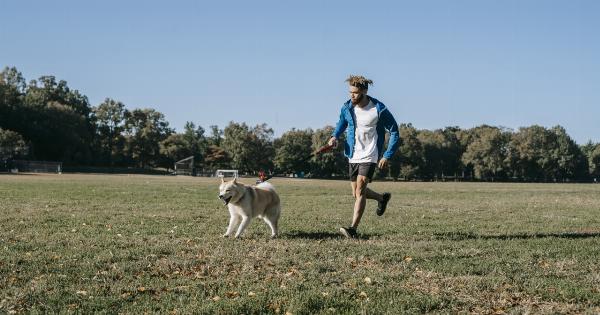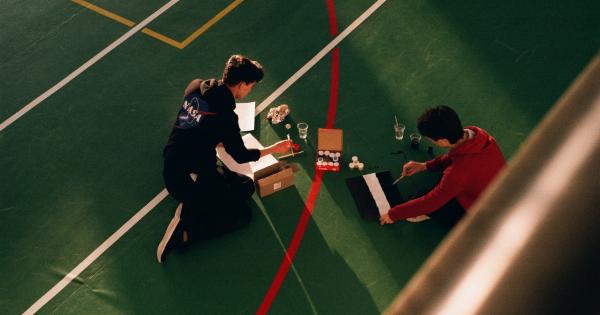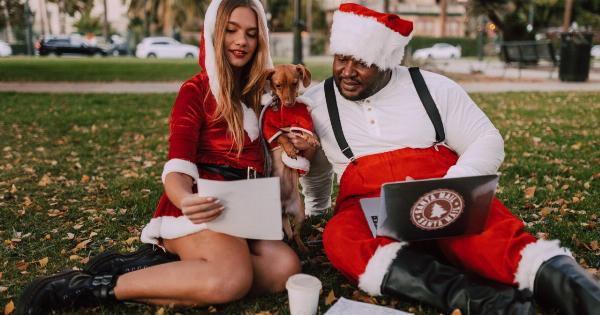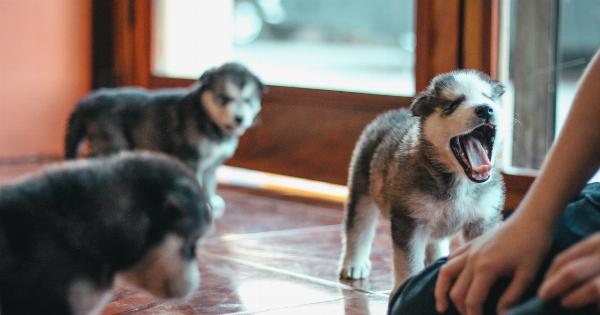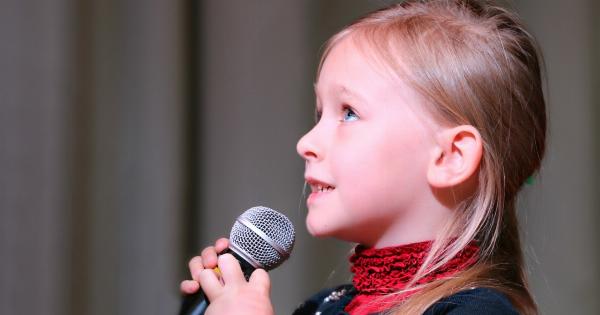Dogs are social creatures that thrive on human interaction and companionship. Socialization is an essential part of a dog’s healthy development and mental well-being.
It’s the process of exposing a dog to various environments, people, animals, and situations to help them develop the necessary social skills and behaviour required for a well-rounded existence.
The Importance of Socialisation for Adult Dogs
It’s never too late to socialize adult dogs, but it is crucial that you start as soon as possible to minimize the risk of socialization problems.
Socialization helps adult dogs develop the ability to deal with stress, fear, and aggression, which is essential for their safety, and yours. Dogs who are not correctly socialized can be anxious or fearful, leading to destructive behaviour, excessive barking and biting, and other unwelcome behaviour.
Dogs also need socialization because it helps to prevent the formation of negative behavioural patterns. It ensures that your dog understands how to behave in a range of situations, so they know what is expected of them.
Dogs that are not socialized can become difficult to control, leading to frustration and reduced quality of life.
Recognizing Socialization Problems
While socialization is essential, some dogs can experience socialization challenges. For instance, some dogs may be fearful of noise, strangers, or other animals. In contrast, some may be overly aggressive or reactive, leading to inappropriate behaviour.
To ensure that your dog has the best chances of successful socialization, you need to recognize the signs of socialization challenges. Classically, some signs are shown below-.
Aggression
If your dog is growling, lunging, or trying to bite people or other dogs, it could be a sign of fear or discomfort. It’s important to recognise these signs so that you can help your dog stay calmer before their anxiety escalates.
Fearfulness
Fearful behaviour is the most common sign that an adult dog is experiencing socialization challenges.
If your dog shows signs of fear when faced with new environments or unfamiliar people, it’s likely they need more socialisation training to help them become more comfortable in different situations.
Overexcitability and Inappropriate Behaviour
Dogs can become overexcited when coming into contact with new people, animals, or situations. They might bark excessively, jump, or become unmanageable in these situations.
It’s important to address these behaviours by providing positive reinforcement when your dog reacts positively, and negative reinforcement to inappropriate behaviour.
Socialisation Techniques for Adult Dogs
Effective socialisation techniques can help your adult dog become more relaxed around people and other animals, develop a positive attitude towards unfamiliar environments, and aid in creating healthier behavioural patterns.
Here are some useful adult dog socialisation techniques;.
Positive Reinforcement
Using positive reinforcement and rewards is an essential component of successful socialisation. When your dog exhibits positive, desired behaviours, such as relaxed and calm behaviour around other dogs, reward them with treats, toys, or affection.
This reinforces the desired behaviour, encouraging your dog to continue exhibiting positive behaviour.
Exposing Your Dog to Various Stimuli
Broadening the environments your dog spends time in can help them become more comfortable in different situations. Go for walks around your neighbourhood or take them to the park, dog-friendly stores, and other public places.
Introduce them to new smells, sounds, and textures, experimenting with different situations your dog may have to face throughout life.
Introducing Them to Other Dogs
Dogs who have only interacted with their own family members tend to be less sociable and more difficult to manage. It’s important to introduce your dog to other dogs of various breeds and sizes while they’re still young.
It will help them learn how to communicate with other dogs in a constructive and effective manner. Use positive reinforcement when your dog interacts calm and relax with others.
Socialisation classes
Socialisation classes are a great way to help your dog become more comfortable around other animals, people, and unfamiliar situations. These classes are held in a controlled environment, with a professional trainer to guide the socialisation process.
It’s a great way to ensure that you’re using appropriate techniques and giving your dog every chance to succeed.
Be Patient and Understanding
While adult dogs can learn to socialize, it’s important to be patient and understand that it takes time. Ensure that you’re consistent in using the techniques mentioned above, and enable your dog to flee if they become frightened.
It’s essential not to discipline them or shout if they start misbehaving as this can make things worse. When correctly handled, it is possible to help your dog learn socialization and good behaviour habits.
Conclusion
Socializing adult dogs is essential to help them develop the necessary social skills and behaviour, making their lives, and yours, easier. Early socialization is the best choice for any dog, but it’s never too late to start.
By using the techniques above, you can help your adult dog become comfortable around different people and animals, resulting in a happier existence for both of you.
